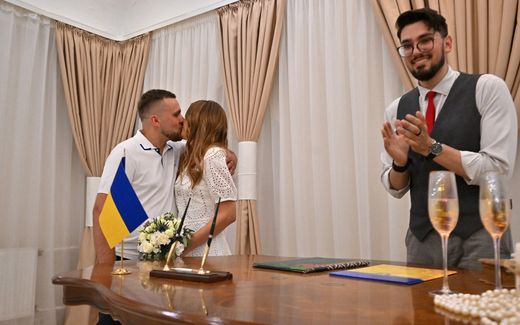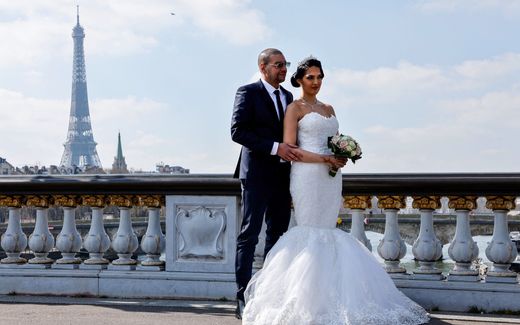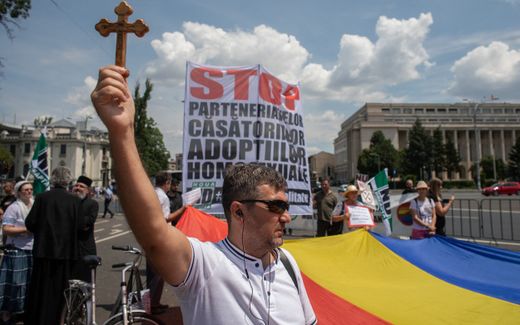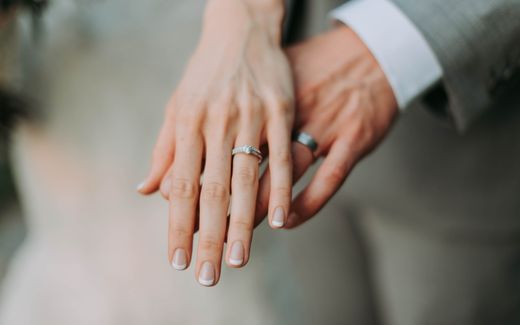Ban on cousin marriages under debate in Norway
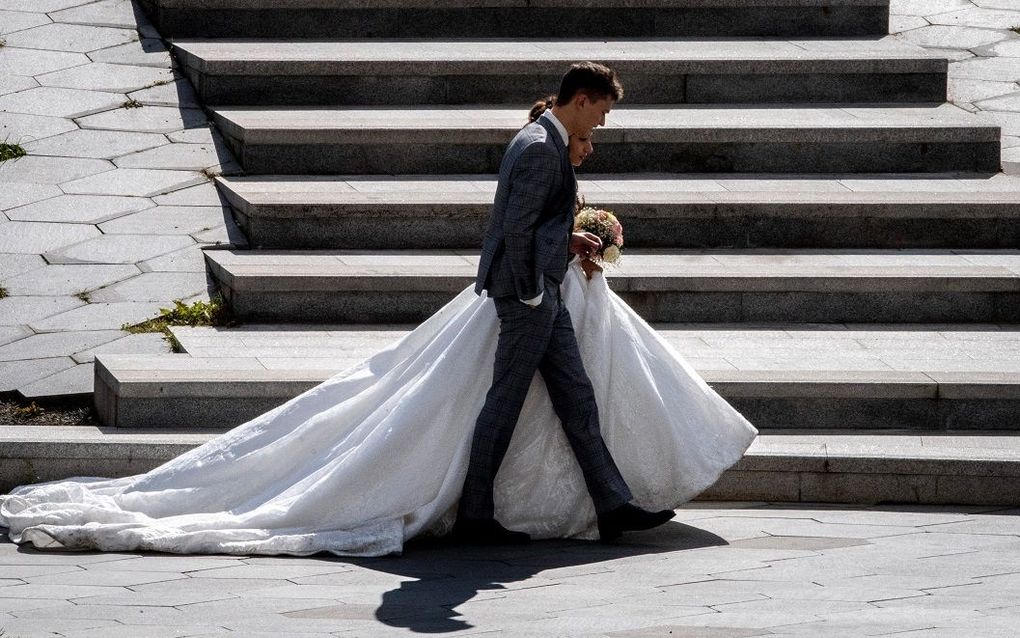
According to a senior researcher at the public health institute, close family members can share similar “genetic material” and can increase the risk of genetic-related diseases. Photo AFP, Yuri Kadobnov
Northern Europe
Marriage between cousins and extended family members may soon be banned in Norway.
The Norwegian Health Institute of Public Health (NIPH) has proposed a ban on marriages between extended family members, according to a Vårt Land report. They warned that if cousins, aunts, or uncles marry and have children between other family members, the risk of congenital deformities increases. The NIPH also believes that the proposed law will discourage forced marriages among immigrant families. Approximately, one in four marriages among Norwegian-Pakistani families are between cousins.
According to a senior researcher at the public health institute, Ragnhild Ørstavik, close family members can share similar “genetic material” and can increase the risk of genetic-related diseases.
“Having a child with a close relative increases the risk of certain forms of hereditary diseases,” he said.
Despite some seeing the law as necessary, several professionals have declared the proposal unnecessary and “poorly substantiated”. The authorities have also said that the percentage of those who do marry family members remains very low and will not pose any public health problems.
Social commentator Yasir Ahmed is one such figure who believes that the draft bill is similar to “state coercion and over supervision.”
“I hear that this is about health risks. If you want to prevent birth defects, you can consider a ban on alcohol since it has been proven that it is harmful to a foetus. Since it is also dangerous to drive while intoxicated, you might as well put a general ban on alcohol. We can think about this rather than focusing on people who follow religious and cultural tradition,” he said to Utrop.
However, honour crime expert and former Kurdish refugee Jasmina Holten believes that the draft legislation is right in targeting cousin-related marriages. Holten also says that a clear connection exists between forced marriages and tying the knot with cousins.
“The connection is that the traditions are so strong and the family ties so tight that it makes it extremely much worse to stand up against decisions that you disagree with. The pressure and the ties mean that you would rather choose to stand in a control regime with violence, than to break out and say no,” she said to NRK which was quoted in Utrop.
Related Articles


